The Essays in this book, Regional Disparities, Smaller States and Statehood for Telangana, written on different occasions over a period of four decades reflects the understanding and vision of the author with regard to the complex issues of regional disparities and emerging regional tensions, and the revival of the demands for the creation of smaller states.
The author observation that inter-state and intra-state disparities in development have not only persisted but have even increased in certain cases especially where backward regions do not have necessary political clout in decision-making regarding public investment and provision of Jobs. This has led to regional tensions and persistent demands for carving out separate state consisting of such backward areas. Uttarakhand, Jharkhand and Chhattisgarh are some recent examples.
The need to reduce regional disparities in development has emerged as one of the biggest challenges in the post-reform period. According to Professor Rao, to ensure greater accountability for the development of backward regions in bigger states, it may be desirable to constitute Regional Development Boards and, where necessary, to carve out separate states comprising some of the backward regions. As early as 1969, he had argued for the economic viability of a separate Telangana state, “There is every reason to believe that separation would create conditions for the proper development of material as well as human resources of the region.”
The book is of great relevance today in view of the renewed interest in the subject.
ABOUT THE AUTHOR C.H. Hanumantha Rao
Professor Chennamaneni Hanumantha Rao is currently Chairman, Board of Governors, Institute of Economic Growth, University of Delhi and Centre for Economic and Social Studies (CESS), Hyderabad. He is also Member, National Adivsory council, Government of India. Born in 1929 in Karimnagar, Andhra Pradesh, he did his graduation from Nizam College, Hyderabad. As an activist of the All Jyderabad Students Union, he participated actively in the freedom struggle. He did his M.A. in Economics from Osmania University, Jyderabad (1957) and his Ph.D. from University of Delhi (1962). He was a post-doctoral fellow at the University of Chicago during 1966-67. He was a Fellow at the Institute of Economic Growth, University of Delhi (1961-92) and also its Director (1976-80). In addition to a distinguished academic career, Professor Rao has been at the forefront of several high-level policy making bodies under Government of India. He was Member, Planning Commission (1982-86); Member, Seventh and Eighth Finance Commissions; Member, Economic Advisory Council to the Prime Minister (1983-85); Chairman, ational Commission on Rural Labuor (1990-91); Chairman, Technical Adivsory Committee on DPA and DDP, Ministry of Rural Development (1993-97); Chairman, HIgh Powered Fertilisers Pricing Policy Review Committee (1997-98); and Member, Board of Directors, Reserve Bank of India (1994-2000). His publications include "Technological change and Distribution of Gains in Indian Agriculture" (Macmillan, 1975); "Agricultural Growth, Rural Poverty and Environmental Degradation in India" (OUP, 1994); "Andhra Pradesh Development: Economic Reforms and Challenges Ahead" (edited with S. Mahendra Dev, CESS, 2003) and over 100 research papers in academic journals. Professor Rao has received many awards during his illustrious career. The awards/honours include Rafi Ahmed Kidwai Memorial prize (1974-75), Sri Kambhampati Satyanarayana (Senior) Memorial Award (1998), K.H. Batheja Award (1994), Financial Express Award (1955), Honorary Degrees of Doctor of Philosophy from Srikrishna Devaraya University, anathapur (1991) and the Kakatiya University, Warangal (1998), in Andhra Pradehs; and Sri Ravi Narayan Reddy Memorial Award (1994), and Telgu Atma Gaurava Puraskaram (2000). He has been awarded 'Padma Bhushan' by the President of India in 2004.

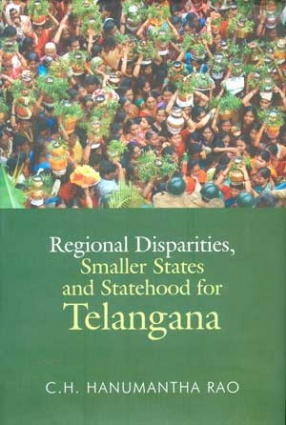
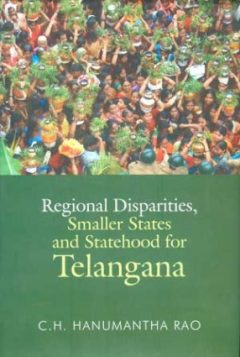
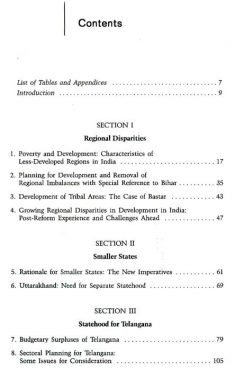
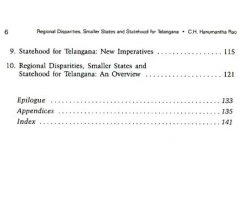

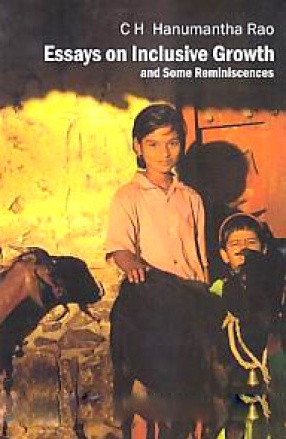
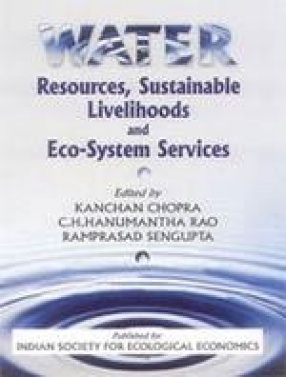
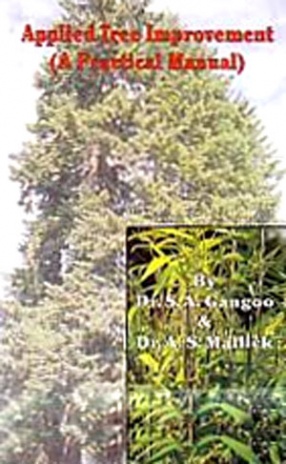
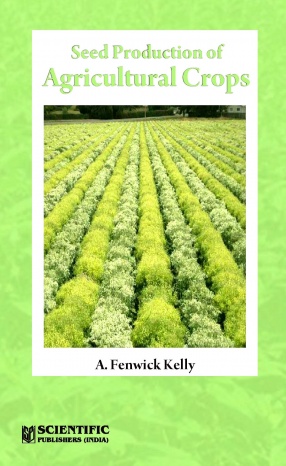
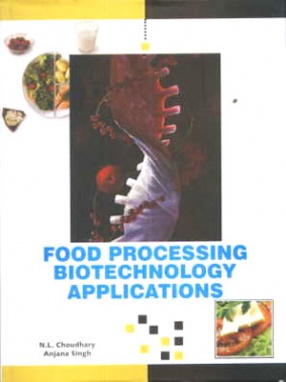
There are no reviews yet.